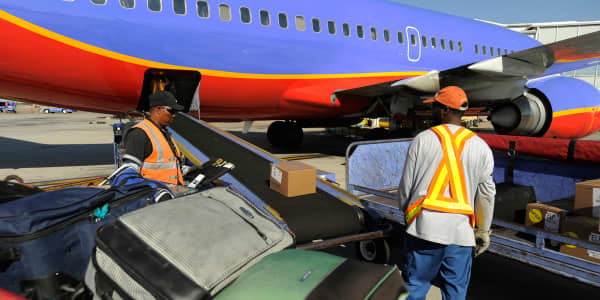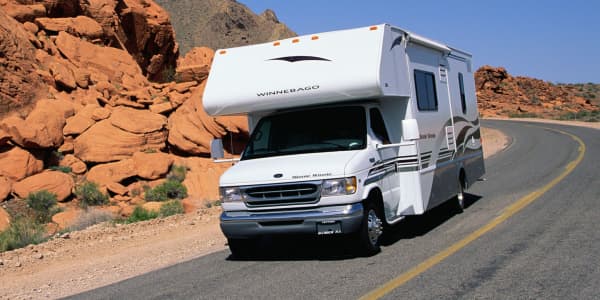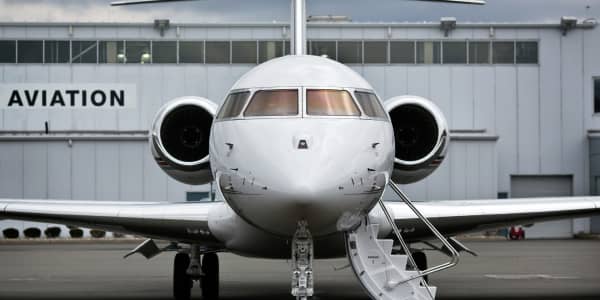
Millennials, for better or worse, are disruptors. And there may be no industry more poised to take advantage of disruptive millennial trends than the field of business travel.
In 2016 global business travel spend increased 3.5 percent and approached nearly $1.3 trillion, according to the latest report from the Global Business Travel Association. Growth is expected to continue accelerating by an average of 6.5 percent each year until 2021.
For millennials, the last of whom will be entering the workforce in the next five years or so, business flights are expected to account for 50 percent of total travel spend by 2020. By that time, spending by baby boomers, a generation that remains an airline favorite for their steadfast brand loyalty, will shrink to 16 percent.
More from Out of Office:
Newest hotel rooms designed with millennial guests in mind
The best and worst airports for summer travel
When an airline trip feels like a flight back in time
That means airlines and travel companies — at least those that don't want to be playing catchup over the next few years — need to start catering more to the preferences of the millennial consumer.
Millennials are twice as likely as baby boomers to want to travel for business. But they want to travel in comfort: Millennial fliers are 60 percent more likely to upgrade for extra legroom, according to a report by the Boston Consulting Group. And as one might expect from history's first ever-connected generation, they are four times more likely to pay for Wi-Fi, twice as likely to watch downloads on mobile devices and 60 percent more likely to watch in-flight entertainment.
But don't be fooled. Millennials, especially those who are just entering the workforce, aren't high rollers — they're value hunters. They want to get the best bang for their buck at the moment of purchase. That's why millennials are far more likely to cash in on a flight deal or turn to their social networks for hotel advice than enter a long-term loyalty program.
"Travel brands and employers looking to engage with [millennials] must introduce an element of choice, letting travelers decide what exactly is important to them and allowing them to tailor their experience in whatever way they perceive has the most value," said Dan Ruch, founder and CEO of Rocketrip, a start-up focused on incentivizing business travelers to save their employers money on trip expenses. "This is the key to driving loyalty and win-win outcomes."
When it comes to booking travel, these digital natives are looking for a seamless user experience. In fact, many of them see travel booking as a game, responding "opportunistically to low prices and interesting packages," according to Boston Consulting Group. Seventy-five percent report having travel apps on their smartphone, and all millennials — regardless of age, race, income or gender — prefer booking with the help of aggregators such as Expedia, Kayak and Orbitz.
Travel brands and employers looking to engage ... must introduce an element of choice, letting travelers decide what exactly is important to them.Dan Ruchfounder and CEO of Rocketrip
Perhaps the most unique development to emerge from the maturation of millennials is the idea of "bleisure." The line between personal and professional life is more blurred than ever, with business travel giving young people the ability to experience new places with a subsidized financial burden. In 2014, 94 percent of millennials in a BridgeStreet Global Hospitality survey responded that they were likely to extend their business trips for leisure purposes in the next five years.
Despite all these trends, millennials in business still place high value on face-to-face meetings, according to the GBTA. That's why, at least for the foreseeable future, this lazy, no-good, Applebee-killing generation will be a cash cow for travel companies willing to adapt to the changing face of business travel.
— By Zachary Basu, special to CNBC.com




